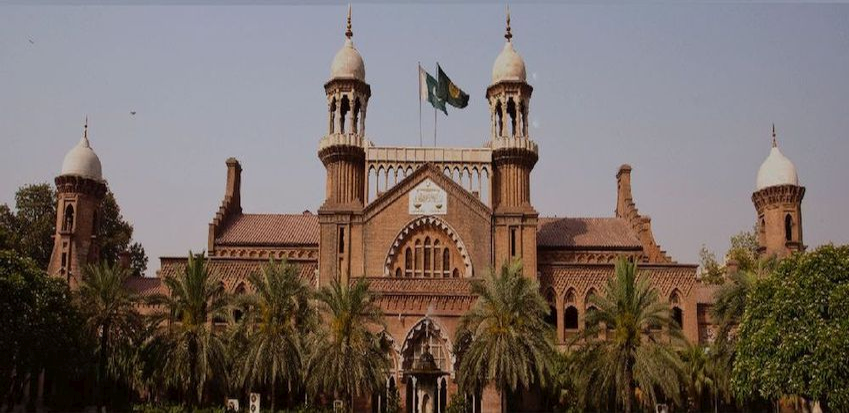Lahore High Court Acquits Death Row Convict due to Lack of Credible Evidence, Contradictions in Witness Testimonies, Delay in FIR and Failure to establish the Motive convincingly
Islamabad 12-10-2024: The Lahore High Court has overturned the death sentence of Qaisar Abbas, who was convicted of murder in 2018 by a Gujrat trial Court. In a detailed judgment, the Court acquitted Abbas of all charges related to the 2015 murder of Khurram Shahzad, citing lack of credible evidence, contradictions in witness testimonies, and failure to establish the motive convincingly.
Qaisar Abbas was accused of killing Khurram Shahzad after an altercation on the night of August 25, 2015. The prosecution alleged that Abbas shot Shahzad in the chest following a verbal dispute. The victim was initially taken to ABS Hospital, Gujrat, and later shifted to Mayo Hospital, Lahore, where he succumbed to his injuries on August 27, 2015.
The case was registered under [FIR No. 593/2015] at Police Station Kunjah, District Gujrat, under Section 302 of the Pakistan Penal Code. In November 2018, the Additional Sessions Judge of Gujrat convicted Abbas and sentenced him to death.
The Lahore High Court, while reviewing the appeal [Crl. Appeal No. 250896 of 2018], raised several critical questions about the prosecution’s evidence and ultimately concluded that the State had failed to prove the case beyond a reasonable doubt. The following key points were highlighted in the judgment.
The Court expressed doubts about the dying declaration of the deceased, which was recorded by the investigating officer at ABS Hospital. Medical testimony revealed that Khurram Shahzad was semi-conscious at the time, casting doubt on whether he was fit to give a statement. The Court found the statement unreliable and held that the declaration could not be treated as conclusive evidence.
The prosecution’s main witnesses, including the victim’s siblings, were found to have provided contradictory and inconsistent statements. The Lahore High Court noted that no independent witnesses from the neighborhood corroborated the prosecution’s version, and the testimony of family members lacked reliability.
The Court criticized the prosecution’s vague presentation of the motive behind the alleged crime. It found that the purported altercation between the accused and the deceased was not convincingly established.
The Court noted that while a pistol was recovered from the accused, no crime empties were recovered from the scene to match with the weapon. The absence of such forensic evidence further weakened the prosecution’s case.
The Court observed that the First Information Report (FIR) was lodged five to six hours after the incident without satisfactory explanation, which raised concerns about the authenticity of the case against Abbas.
In applying the legal principle of “Benefit of Doubt,” the Court cited the landmark case of Muhammad Akram Vs. The State (2009 SCMR 230), emphasizing that even a single reasonable doubt is enough to acquit the accused. The judgment reinforced that doubt in the prosecution’s case entitles the accused to acquittal as a matter of right, not of grace.
The Lahore High Court also rejected the murder reference forwarded by the trial Court, which sought confirmation of Qaisar Abbas’ death sentence. As a result, the Court set aside the conviction and sentence, ordering Abbas’ immediate release if he was not required in any other case.
Powered by Froala Editor








